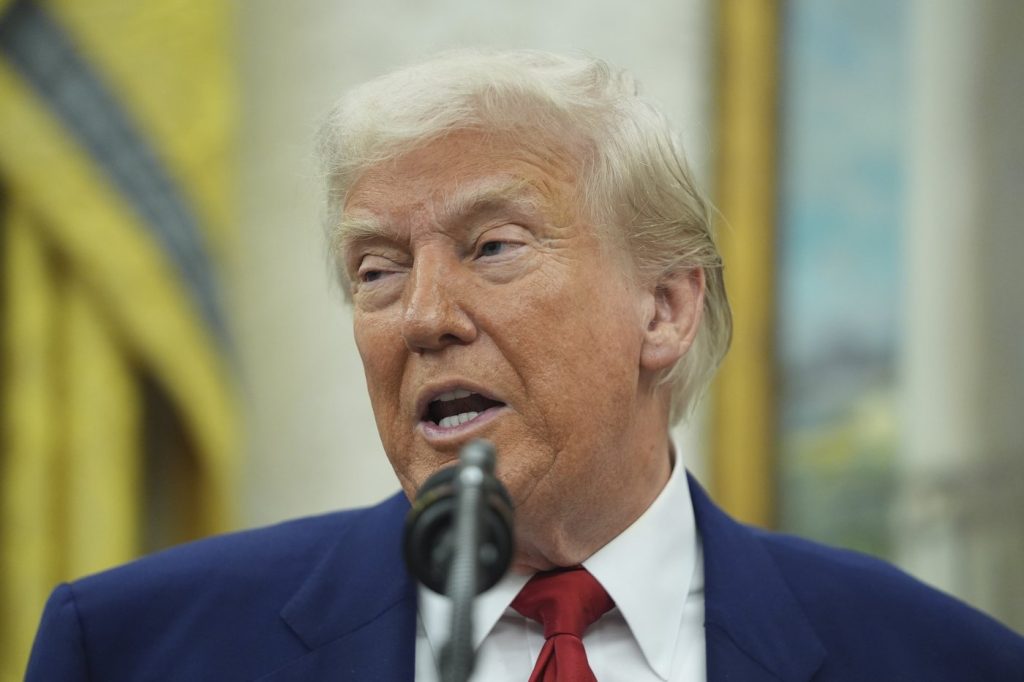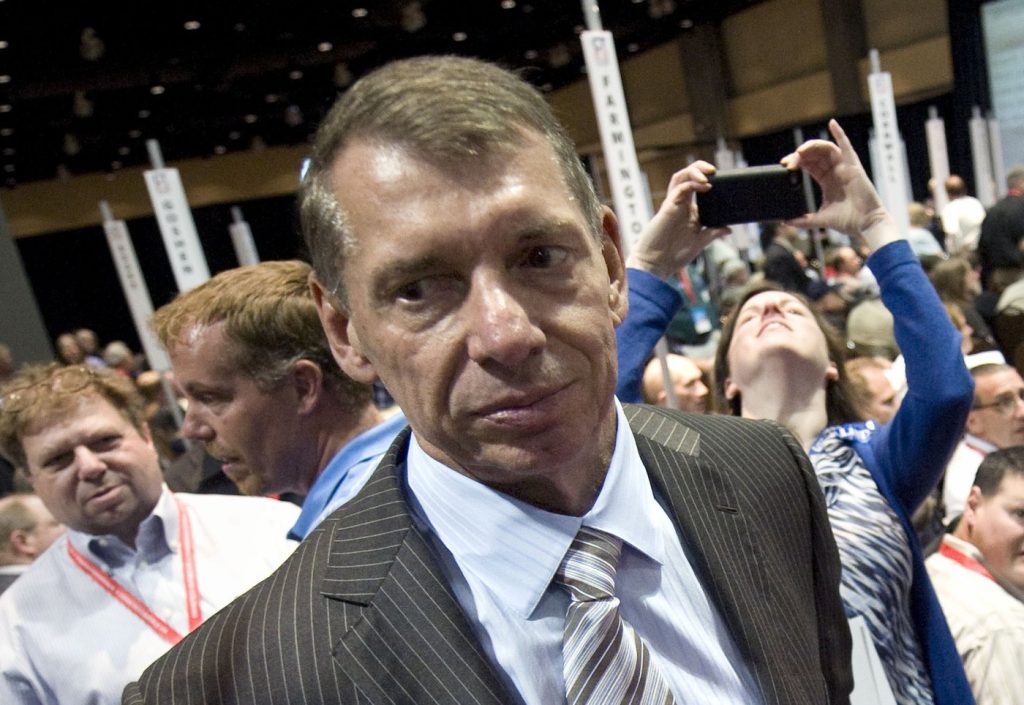President Donald Trump has made headlines recently due to his controversial approach to trade negotiations, particularly regarding high tariff threats that he has repeatedly made and then backed off from. This pattern has been humorously labeled as “TACO” trade, an acronym that stands for “Trump Always Chickens Out”—a term coined by Robert Armstrong of The Financial Times. The market reacts to Trump's tariff threats with sell-offs, often experiencing recovery when he retreats from those threats, illustrating the volatility induced by his negotiations.
During a recent press conference, Trump was visibly offended when a reporter referenced the “TACO” acronym. He vehemently denied the suggestion that he was “chickening out,” describing the inquiry as “nasty.” Trump argued that what he does is not retreat but rather a form of negotiation, stating, “It’s called negotiation,” where he starts with a “ridiculous high number” before lowering it to a more reasonable figure.
Trump's method of implementing temporary high tariffs has been a hallmark of his administration's trade policy. For instance, he raised the tariff rate on Chinese goods to an astonishing 145%, only to reduce it to 30% during a three-month negotiation period. Similarly, in the previous week, Trump threatened a 50% tariff on imports from the European Union (EU), postponing the hike until July 9 to allow room for negotiations, while maintaining a baseline tax of 10%. This strategy of imposing tariffs has been applied to various sectors, including automobiles and electronics, and reinforces the unpredictable nature of his trade policy declarations.
Market reactions to Trump’s tariff policies are often dramatic. The one-two punch of announcement and withdrawal over tariffs creates a roller-coaster effect for investors, with sell-offs occurring during announcements due to fears of diminished economic growth and increased costs impacting corporate earnings. For example, the S&P 500 stock index reflected this volatility, having plummeted as much as 15% earlier in the year, specifically on April 8. By mid-May, however, it had recovered somewhat, showing only slight gains year-to-date.
While Trump claims that his approach has spurred $14 trillion in new investments into the U.S., critics argue that this figure appears artificially inflated and lacks thorough verification from credible economic data. Trump has consistently stated that EU officials would not engage in negotiations if not for his aggressive tariff threats, emphasizing his tendency to play hardball in trade discussions. He rejected the notion of being too lenient during negotiations, expressing frustration with the press narrative surrounding his tactics.
In summary, Trump’s approach to tariffs and trade negotiations exemplifies a complex interplay of aggressive strategy and market reaction, with his terminology and framing affecting public perception and investor confidence. The administration’s ongoing trade negotiations, marked by abrupt threats and subsequent retreats, continue to impact stock market performance and the broader economic landscape.












